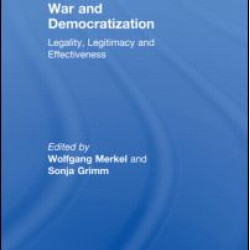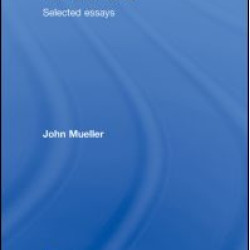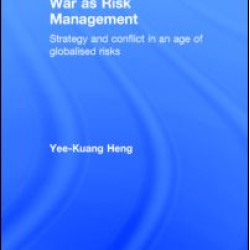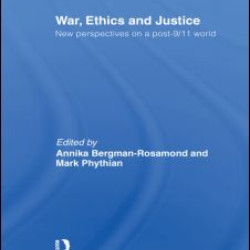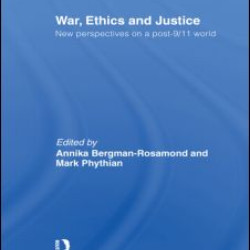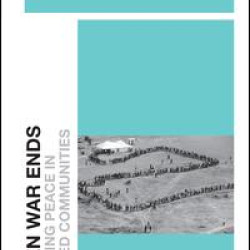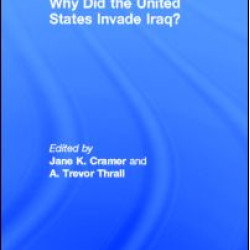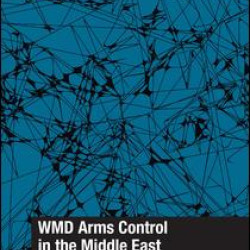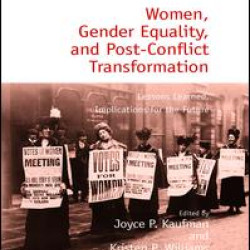Security Studies - Pol & Intl Relns
Brand: Taylor & Francis
Model: Stock
In the book, the authors consider the legality, legitimacy and effectiveness of previously short-term external engagement in humanitarian or peace-building missions that ended up in long-term state- and democracy-building...
₹2,643.10 ₹3,303.88
Brand: Taylor & Francis
Model: Stock
This book collects the key essays, together with updating notes and commentary, of Professor John Mueller on war and the role of ideas and opinions...
₹8,812.80 ₹11,016.00
Brand: Taylor & Francis
Model: 9780415375894
This book is about the reconfiguration of war as risk management in the post-Cold War, post-September 11 era. Confronted with ill-defined ‘wars’ against complex security risks such as terrorism and WMD proliferation, the main aim is to suggest and critically analyse an innovative inter-disciplinary ..
₹8,812.80 ₹11,016.00
Brand: Taylor & Francis
Model: Stock
This edited volume addresses the key issues of ethics, war and international relations in the post-9/11 world...
₹8,812.80 ₹11,016.00
Brand: Taylor & Francis
Model: Stock
This edited volume addresses the key issues of ethics, war and international relations in the post-9/11 world...
₹3,083.74 ₹3,854.68
Brand: Taylor & Francis
Model: Stock
These essays investigate the logic, conduct and nature of war on the highest political and strategic levels,as they look at the impact of technology on warfare, the political nature of war and the limits of rational analysis in studying war...
₹9,180.00 ₹11,475.00
Brand: Taylor & Francis
Model: Stock
By reviewing a case study of the West African state of Sierra Leone, this collection focuses not only on understanding the root causes of conflict but also identifying and appreciating the possibilities and opportunities for peace. The lessons found in this book resonate well beyond the borders of S..
₹3,083.74 ₹3,854.68
Brand: Taylor & Francis
Model: Stock
This volume presents the best contemporary scholarly thinking about why the U.S. invaded Iraq in 2003, a pivotal event in modern US foreign policy and international politics...
₹9,180.00 ₹11,475.00
Brand: Taylor & Francis
Model: Stock
The Middle East is a hot spot of proliferation and it is the world region that witnessed the most frequent and severe employment of chemical weapons since the end of World War I. Notwithstanding, not a single arms control regime concerning weapons of mass destruction (WMD) covers the region as a who..
₹6,535.42 ₹8,169.28
Brand: Taylor & Francis
Model: Stock
The end of formal hostilities in any given conflict provides an opportunity to transform society in order to secure a stable peace. This book builds on the existing feminist international relations literature as well as lessons of past cases that reinforce the importance of including women in the po..
₹8,812.80 ₹11,016.00


